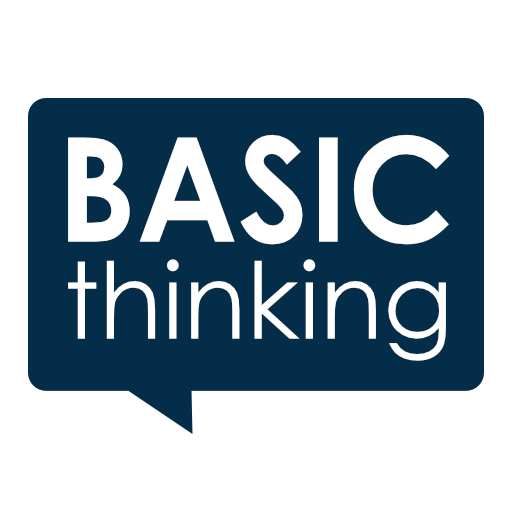The Digital Markets Act currently under discussion in the European Parliament could shake up the monopoly of Apple’s App Store. The tech company now warns against interfering with its iOS operating system – and puts forward two arguments.
Hard to imagine for Apple users:inside, but soon there could be more than one App Store on iPhone and iPad. At least, that’s what a planned EU law envisages.
The Digital Markets Act could lead to alternative app stores being allowed on the iPhone in the future – or rather having to be. The plans have been known since December 2020, but Apple is now putting up resistance.
Apple’s fears with the Digital Markets Act
Apple has now taken a position on the planned EU law in a position paper, strongly criticizing so-called sideloading.
1. security
Criticism number one concerns security. According to Apple, around 500 experts are entrusted with checking all apps that end up in the store. In 2020 alone, almost one million problematic apps were rejected or removed.
The focus of the checks is primarily on privacy violations, hidden functions and functions that can be used to commit crimes.
Apple therefore warns against interfering with the iOS operating system. The company criticizes that this protection is no longer given with the planned change through the Digital Markets Act.
The iPhone company also points out that this could attract hackers in particular. The iPhone could become a popular target for attacks thanks to the stored location and credit card data.
2. competition
As a second argument, Apple cites the already existing, more open Android operating system. Users already have the option of choosing between different app stores.
Users who wanted such a system would choose Android, according to Apple. Those who choose Apple would therefore consciously opt for the closed system from Cupertino.
This is what the Digital Markets Act is supposed to do
The planned law, on the other hand, is supposed to take up exactly this point and unbundle the different systems. The goal is to make it easier to combine them. This should also give new manufacturers the opportunity to establish themselves on the market.
Another point of criticism is the very high commission of 30 percent that Apple collects on purchases in its App Store. New providers could charge less and thus make Apple’s lucrative business more difficult.
And many Apple users probably won’t like this either. After all, the stripped-down design and the lack of frippery are a selling point for many.





